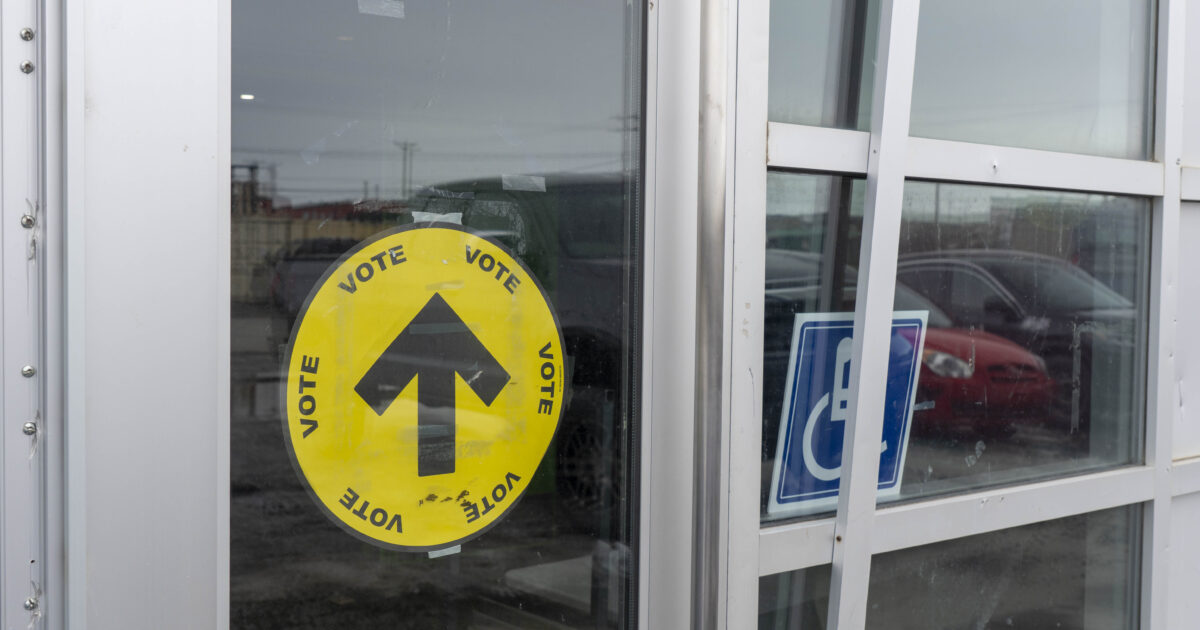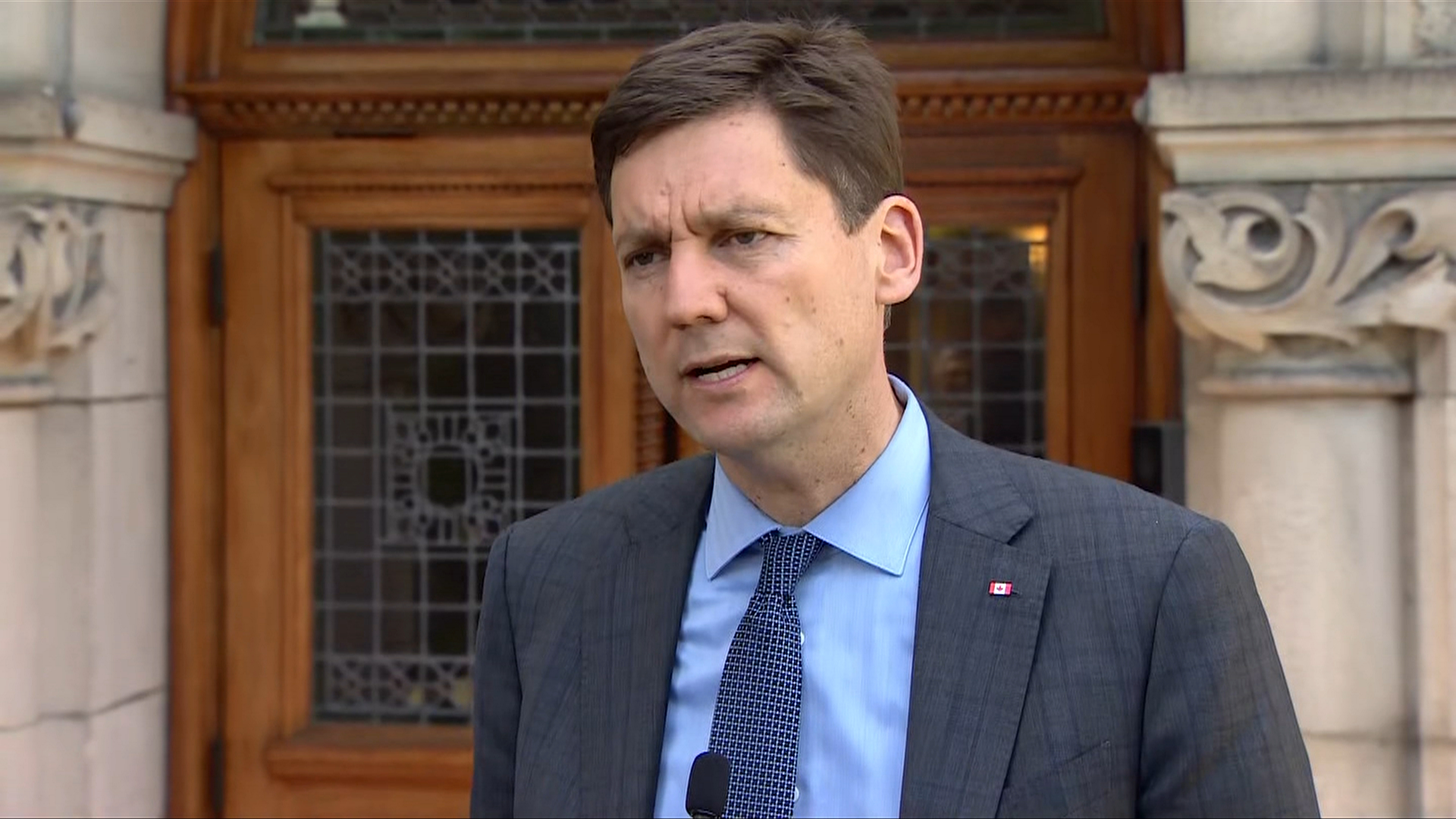Sunshine (she/her)
- 2.07K Posts
- 1.52K Comments

When Jane was growing up, first in Ontario and later in Alberta, physical and emotional abuse ran rampant in her home.
From the age of 10, she spent most evenings caring for her younger brother, who faced regular beatings. She lived in fear and shame — and blamed herself for her parents’ lack of affection.
Canadian Affairs agreed to use a pseudonym for Jane, who takes care to not be discoverable by her family.
Matters came to a head when Jane discovered her father had asked her to take her brother to the hospital — because he wanted to spend time with a mistress. After Jane disclosed his infidelity to her mother, her father was furious.
“My dad looks at me … [and says] ‘You get the fuck out of my house’,” said Jane. “And that is when I [got] estranged from my dad.”
Jane is just one of many Canadians who has cut ties with family members.
Psychologists and therapists in Canada and abroad are seeing growing demand for their services to address family estrangement. This may be because cases of family estrangement are increasing, or because people are now more vocal about their personal experiences.
“I definitely feel like it’s rising,” said Joshua Coleman, an American psychologist, consultant and leading expert on family estrangement. “I wrote my first book on the topic in 2007. I had some estranged parents in my practice, but now it’s [grown] … Other colleagues … are seeing a tonne in their practice too.”
The price of freedom
Nataxja Cini, a registered therapist, social worker and founder of the Ottawa-based therapy centre Family Therapy, recalls a recent call from a distressed mother, inquiring about counselling services to support her two estranged, adult children.
The mother, Cini says, was surprised that this could happen to her 40-year-old kids.
“It is more complicated than I think we realize. … It can happen in any type of family,” said Cini. “No one’s immune to this.”
Deborah Whitehead, a professor in the University of Waterloo’s Department of Sexuality, Marriage & Family Studies, says many families include estranged relationships, although not all would identify as such. Family estrangement can encompass everything from completely severed relationships to ones with minimal contact.
“Estrangement can be like, ‘I’ve decided I’m only going to see my family once a year. I’m never going to tell them what’s really going on in my life.’ … or … ‘I’ll call them once a month — the obligatory phone call — but I say very little’,” said Whitehead. “That doesn’t look like estrangement to people, but it really is. It’s emotional estrangement.”
More than a quarter of Americans live with estrangement in their families, according to a 2020 survey of 1,300 Americans by a Cornell University researcher. A 2022 survey by polling company YouGov of 11,000 Americans reported similar findings.
Sibling estrangement was the most commonly reported form of estrangement in the YouGov poll, followed by estrangement from parents.
There is a lack of comparable data on Canadians. However, experts say they are seeing more of this issue in their own practices.
“I do have a lot of Canadian parents in my practice, so it’s clearly an issue there,” said Coleman, who is based in California.
Social media could help to explain the uptick in family estrangement cases, says Whitehead. With people sharing more personal information online, once taboo topics can become normalized.
“I do think there’s a lot more people who are actively thinking about estrangement or engaging in it,” she said. “I think therapists now are sanctioning this, saying, ‘If your parents are harming you, this is one of the routes that you can take’.”
Becca Bland, a U.K.-based registered therapist who specializes in family estrangement, says she sees young people in particular cutting ties when they have experienced abuse or trauma.
“I think a lot of people that endured family trauma for quite a long time … are waiting to get out,” said Bland, who previously ran Stand Alone, a now dissolved non-profit that supported estranged family members. “That 18 [year] mark is the time where they actually are an adult and they can be free.”
Whitehead agrees that early adulthood is a time when many people evaluate their relationships, including their upbringings and values. LGBTQ youth, for example, who do not want to adhere to their family’s cultural or religious values may determine the price of freedom is cutting ties.
Family estrangements can also occur in other transitional periods, such as divorces or separations. In such cases, it is most typically the father who becomes estranged from the children, says Susan Chuang, a professor in the Department of Family Relations and Applied Nutrition at the University of Guelph.
“When family changes, if they don’t have the right … communication tools, it can all break down because the stress and the pressure is too difficult,” said Bland.
Estrangement can also occur when families move physically apart, says Phyllis Johnson, a family studies researcher and associate professor at University of British Columbia. Johnson, who has studied Vietnamese and South Sudanese immigrants, has seen families grow apart due to cultural, linguistic or religious differences.
Families “could have estrangement from disagreements … about how you raise the children from intergenerational immigrants, [or] seeing that the youth are becoming too Canadian,” she said.
‘Humility, not humiliation’
Family estrangement tends to take an enormous toll on everyone involved.
“I’ve met no adult child that has cut contact with a family member that isn’t ultimately going to face a lot of massive difficulties,” said Bland. “They just are going to face a lot of material and financial hurdles and the emotional hurdle of not having anyone behind them.”
Estrangement from parents can, in particular, negatively affect a child’s mental health and erode their trust in relationships.
“It’s actually worse than, say, a parent who dies,” said Chuang. “Because they know that that parent is still alive and could see them, but they don’t.”
Being cut-off from one’s child can also carry immense pain for parents, says Coleman. Coleman has experienced this pain personally. When his daughter was in her early 20s, she cut off contact with Coleman for several years after he and his then-wife divorced.
“I wasn’t really able to empathize in the way that she really needed me to, and so that created a lot of distance,” said Coleman. “It’s incredibly painful and incredibly frightening for any parent, myself included. Being a psychologist, I was supposed to know better. But apparently, I didn’t.”
Parents tend to be defensive when children sever their relationship, says Coleman, who has reconciled with his daughter and has helped many other families reconcile. In his view, it is “incumbent on [parents] to take the high road.”
“I tell parents, it’s about humility, not humiliation. You’re not saying, ‘Yes, I was terrible. I deserve everything you’re throwing at me.’ It’s more like, ‘It’s clear that I have blind spots, that I wasn’t aware, that that was so hurtful to you,’ or ‘I was aware, but it couldn’t do any better at the time, and I recognize that that was destructive, and I’m really sorry.’”
‘Point of view’
Shikha Seeboruth, a registered psychotherapist at The Therapeutic Way in Burlington, Ont., has also helped estranged families reconcile.
She works to help families better understand other family members’ perspectives, and to take responsibility for personal shortcomings.
“Once you understand each other’s point of view … you acknowledge your own faults … you’re taking responsibility, and then you’re also communicating to them,” said Seeboruth. “Once there is understanding, then you’re able to move to problem solving or compromise.”
Bland says reconciliation may also require a third-party mediator in some cases.
“If you’ve got someone where there’s a power dynamic … you need to make sure that when you speak, you’re going to be heard and it’s going to be safe,” she said.
In other cases, people need to work to accept the other member for who they are, says Cini, at Family Therapy. For example, older generations may have communication styles that will never match those of younger generations.
“My father’s a war survivor, so his formative years were full of lots of bombs and things blowing up. Is he ever going to be warm and cuddly like a teddy bear? No, he’s not,” said Cini. “I can choose never to speak to him again, but then I end up hurting myself because I’ve cut off part of myself.”
But for those like Jane, who faced physical abuse, maintaining their distance keeps them safe.
She works in organizations to help the homeless, drug addicts and those dealing with trauma.
She says that helping others has helped her heal.
“I used to have [a poster of] that phrase by … Gandhi, ‘Be the change you wish to see in the world’,” she said. “I always [said that if] you don’t like this, you need to be the change. You need to make it better.”

 5·5 hours ago
5·5 hours agoThe alternative is called Flohmarkt

Especially with how he whipped his mps into line. No one should sacrifice their political aspirations for someone like him.

I forgot to include the Canadian Pixelfed 😭
I’m sorry Dansup!

For anyone who’s wondering in the comments. The logos are: Peertube, Mastodon and Friendica.

Cite a source for your claim.

Of course you claim in bad faith that anyone who doesn’t agree with you is “just sitting at home and not doing anything”
It’s going to be a a lot harder to force the 2 political parties to give workers their fair share when all it takes for the corporations is to entice the 2 leaders to do their bidding by having them whip their MPs to vote along the party line. However with multiple political parties it gives the MPs much more leeway to stand up for their constituents as the conservatives and liberals would have a lot less control over the amount of power the governments holds and the MPs would always have the option cross the floor into the smaller parties to keep the party leaders in check.
Stop it with the strawmans. You just keep doubling down and tripling down your point acting like you know everything without even listening to the other person. You never attempted to find common ground but to complain and double on the arrogance. I’m not engaging with this sealioning.
Your negativity isn’t going work in getting people out at the streets protesting more. Again I’m not going to let 2 corporate political parties continue to whip their mps to “play along or else” go unchallenged as that would be way worse for the working class of this country in the long run.
We need to push for:
-
Political party diversity
-
Unions
-
Cooperatives
-
Small grocers
-
Green Credit Unions
-
Proportional Representation
-
Independent Media Outlets
-
Public Transit
-
Tenants Unions
-
Government officials to use the fediverse
-
Protections for marginalized people
-
Financial contributions limited at $100 per year.
-

Perfect thumbnail for the poor lad. He came in last for the major parties.

She is a strong leader!

You wouldn’t see this on Friendica!

Eh the smaller parties didn’t resonate with people so much this time around and we were closer to a 2-party state in the past. I mean we had the unionist party supplant the conservatives and liberals during ww1.
https://en.wikipedia.org/wiki/1917_Canadian_federal_election
Being negative is cheap and doesn’t inspire anyone. That’s what the powerful few want. I want to hear solutions not complaining.

 4·10 hours ago
4·10 hours agodeleted by creator

The last one lasted pretty long.

People need to stop buying animal products and demand our politicians invest in renewables and public transit.
Too many people have protested against bike lanes and apartment buildings when those are much better for the environment. So yeah let’s not the individuals off the hook completely.

People continue to use the big 6 banks that finance the fossil fuel industry when they could switch to credit unions instead.

Parliamentary civility has increased by 60%

You don’t succeed the first time. That’s why you adjust and try different methods.
No one cares enough to force change.
That’s certainly not true as the canadians give the liberals a minority so they’re forced to compromise with the smaller parties that’s how we got universal heatlhcare.

Ahh, here’s the tankie…
You’re responsible for Donald Trump getting elected because you just focused on attacking democrats relentlessly then foolishly claimed that voting is “pointless”
Get out of here with your authoritarian tendencies.














Trump needs to put a cork in it while the adults speak!